Log in and enrol
Data, Algorithms, and Ethical Challenges: Exploring the AI Revolution in Medicine
Data, Algorithms, and Ethical Challenges: Exploring the AI Revolution in Medicine
Course description
This course takes you on a journey through AI’s impact on healthcare, exploring its historical roots, real-world applications, and ethical challenges.
By the end of this course, you’ll be ready to dive into the fast-evolving world of AI in medicine, appreciating its potential to revolutionize patient care while addressing the ethical challenges it brings.
Total workload of the course: 12 hours
This MOOC was produced as part of the Edvance project – Digital Education Hub per la Cultura Digitale Avanzata. The project is funded by the European Union – Next Generation EU, Component 1, Investment 3.4 “Didattica e competenze universitarie avanzate".
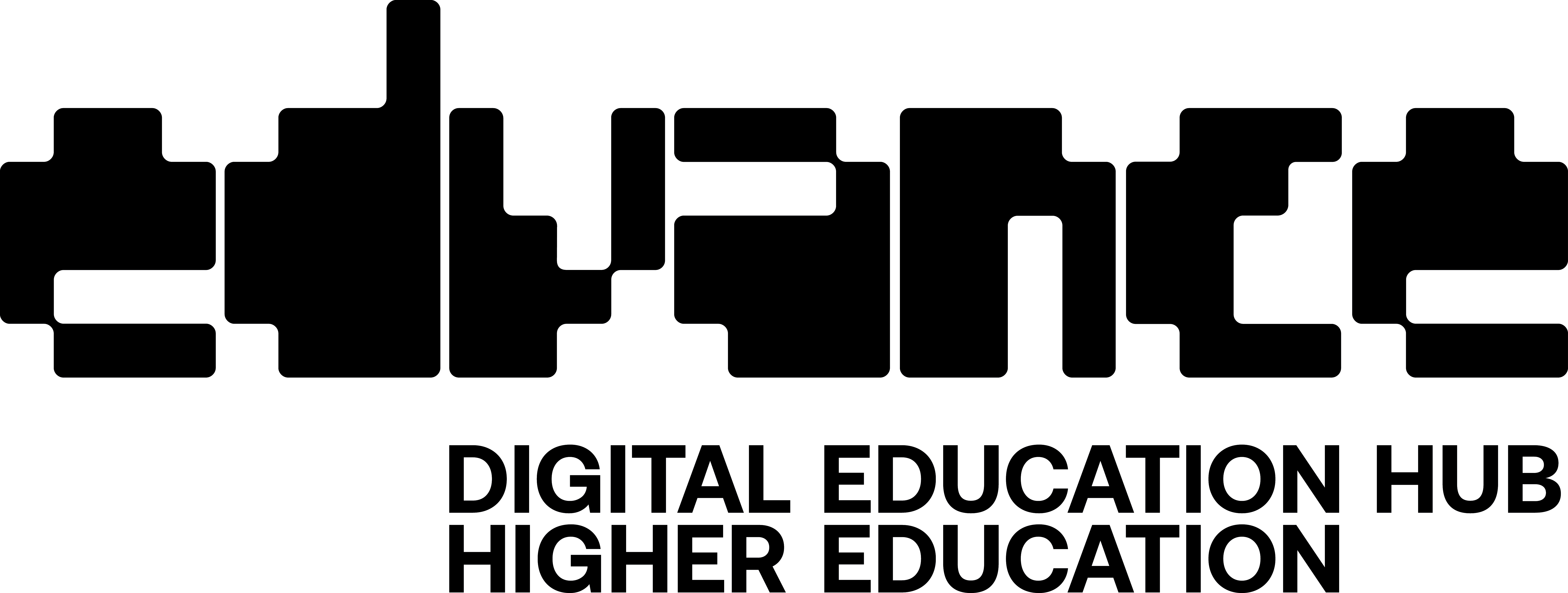




Intended Learning Outcomes
By the end of this course, here are some things you’ll be able to do:- Understand the Historical Context of AI in Healthcare: You'll be able to explain the historical evolution of AI and identify key milestones that have shaped current diagnostic and treatment practices.
- Identify Healthcare Data Types and Applications: You’ll be able to categorize different types of healthcare data and understand how they contribute to AI applications designed to enhance patient care and improve healthcare delivery.
- Explore Machine Learning Techniques in Medicine: You’ll be able to recognize various machine learning techniques, such as supervised and unsupervised learning, and discuss how they apply to medical fields like imaging and genomics.
- Evaluate Ethical Considerations and Trust in AI: You’ll gain an understanding of the importance of trust in AI algorithms and dive into key ethical challenges, including bias and the need for human oversight.
- Envision the Future of AI-Driven Personalized Medicine: You’ll explore the exciting potential of personalized and precision medicine, considering how AI advancements could transform the healthcare landscape by 2040.
Prerequisites
Don't Sweat It!
This is an introductory course—no need to be an engineer or an AI expert. Though you might need a basic understanding of medical terms.
If you're a student in a single-cycle Medicine and Surgery program (from the third year onward), a third-year Bachelor's program in nursing and healthcare technology, or a Master's degree in the health sciences, you'll be just fine!
We’re here to make AI easy to understand and show you how it applies to medicine. If you’re curious about diving deeper into the tech side, don’t worry—this portal has plenty of advanced AI courses. Don’t be shy, explore!
Activities
Video lectures and expert guest talks will guide you through the main topics of the course, alongside additional readings with reflective questions to support your learning. Along the way, you'll encounter short, ungraded quizzes and challenges designed to check your understanding, encourage hands-on practice, and spark discussions in the Forum (a.k.a. Alan). Be sure to complete the mandatory milestone quiz at the end of each week—passing these is required to earn your certificate.
Meet Alan!
This is Alan, our Discussion Forum.
If you’re wondering why "Alan" — you’ll find out soon enough.
You’ll meet Alan again as you go through the course. It’s not mandatory to engage with it. Neither we nor any AI system will be monitoring it. This is just a space for you to connect with your fellow humans during your learning journey. We know Alan isn't as sexy as your DM, but it might turn out to be a great intellectual matchmaker.
Section outline
-

-
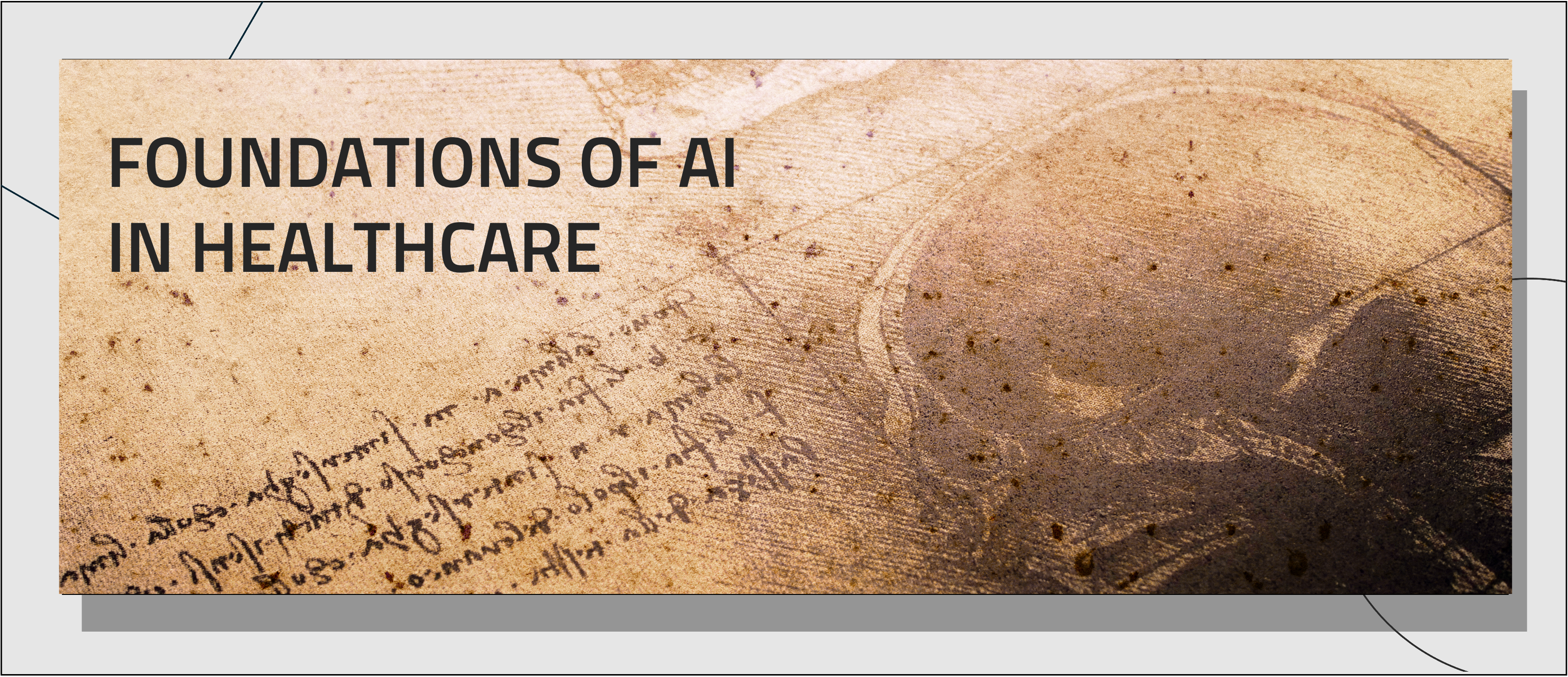
We’ll kick off by exploring the origins of data science in medicine and trace the fascinating history of AI’s rise in healthcare. You’ll learn to identify core medical data sources and gain insights into their untapped potential for transforming patient care.
-
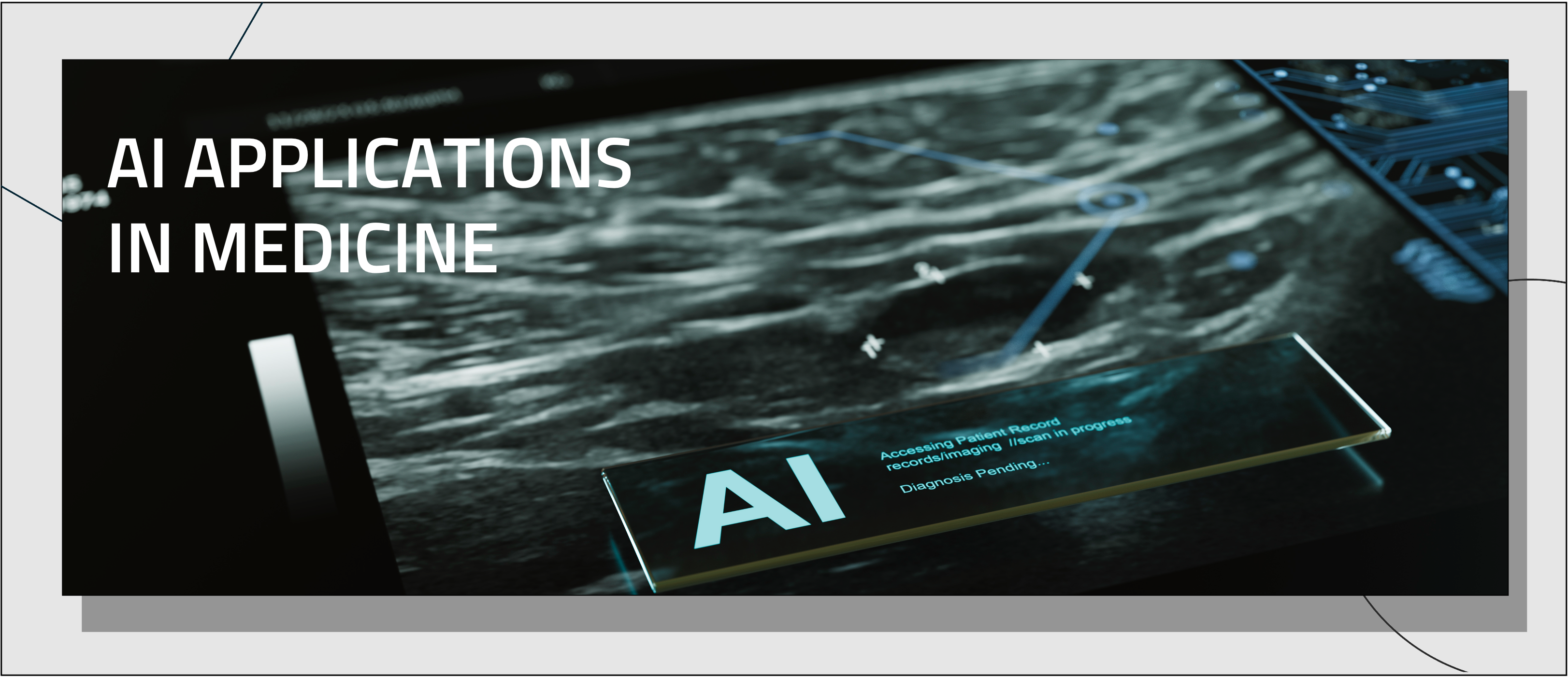
We’ll dive into the essentials of machine learning, deep learning, and natural language processing. This foundational knowledge will help you better appreciate how AI is currently revolutionizing medical imaging, electronic health records, and genomics to improve diagnosis and treatment outcomes.
-
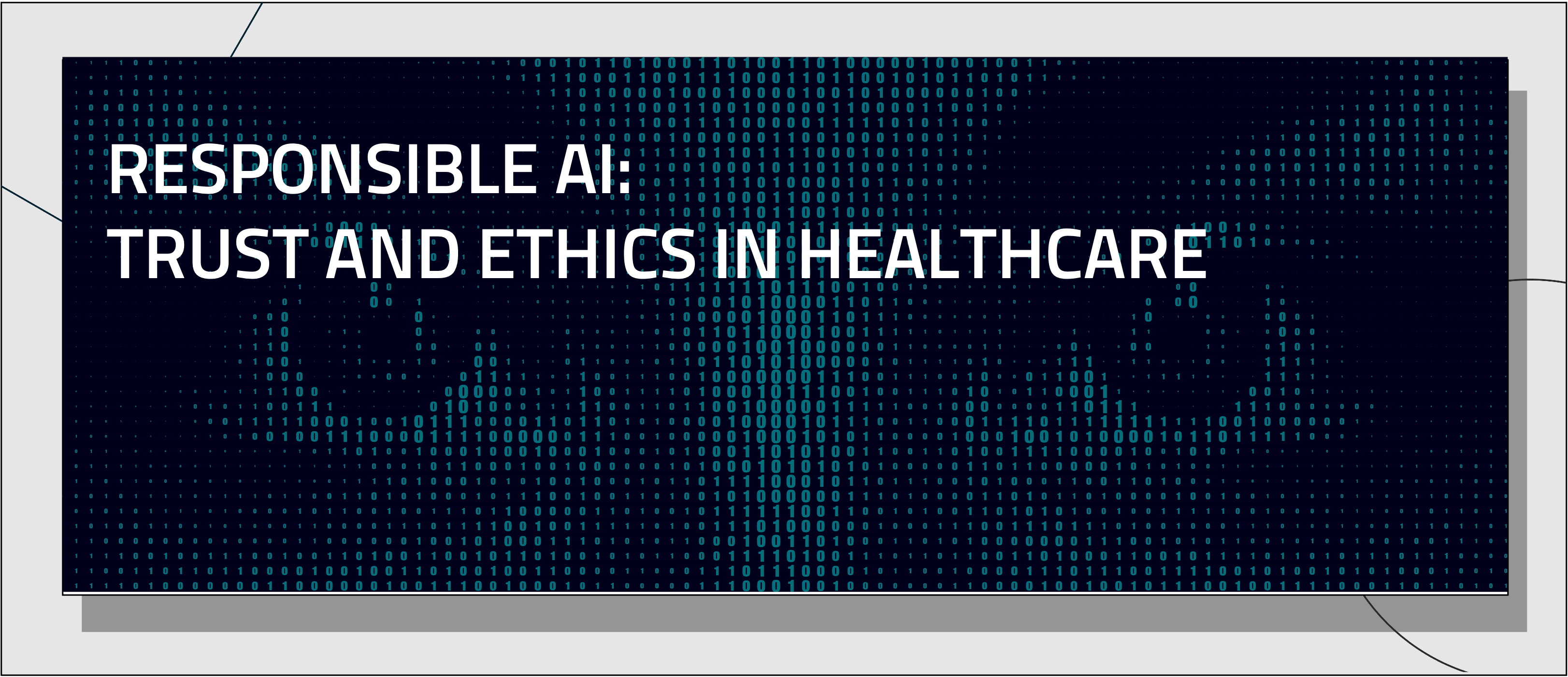
Last but not least, this week we’ll dive into key concepts like reproducibility and external validation in AI research, and explore the crucial role of trust and explainability in clinical decisions. During this week, we also tackle the legal challenges of applying AI in healthcare. Finally, we explore the human element of AI-augmented healthcare and take a sneak peek into the future, focusing on AI’s role in precision and personalized medicine.
-
Assessment
You will successfully complete the course if you score 60% or more on each assessed quiz - or Milestone Quiz - which is given at the end of each Week. The maximum score for each quiz is provided at the start of the quiz. Your final grade for the course is based solely on these three Milestone Quizzes results. You can view your score after your last attempt or on the 'Grades' page. You have unlimited attempts for each quiz, but you must wait 15 minutes before trying again.
Certificate
You can achieve a certificate in the form of an Open Badge for this course, if you reach at least 60% of the total score in each one of the assessed quizzes and fill in the final survey.
Once you have completed the required tasks, you will be able to access ‘Get the Open Badge’ and start issuing the badge. Instructions on how to access the badge will be sent to your e-mail address.
The Badge does not confer any academic credit, grade or degree.
Information about fees and access to materials
The course is delivered in online mode and is available free of charge.
Course materials will remain always available to all enrolled users.
Course faculty
Faculty Lecturers
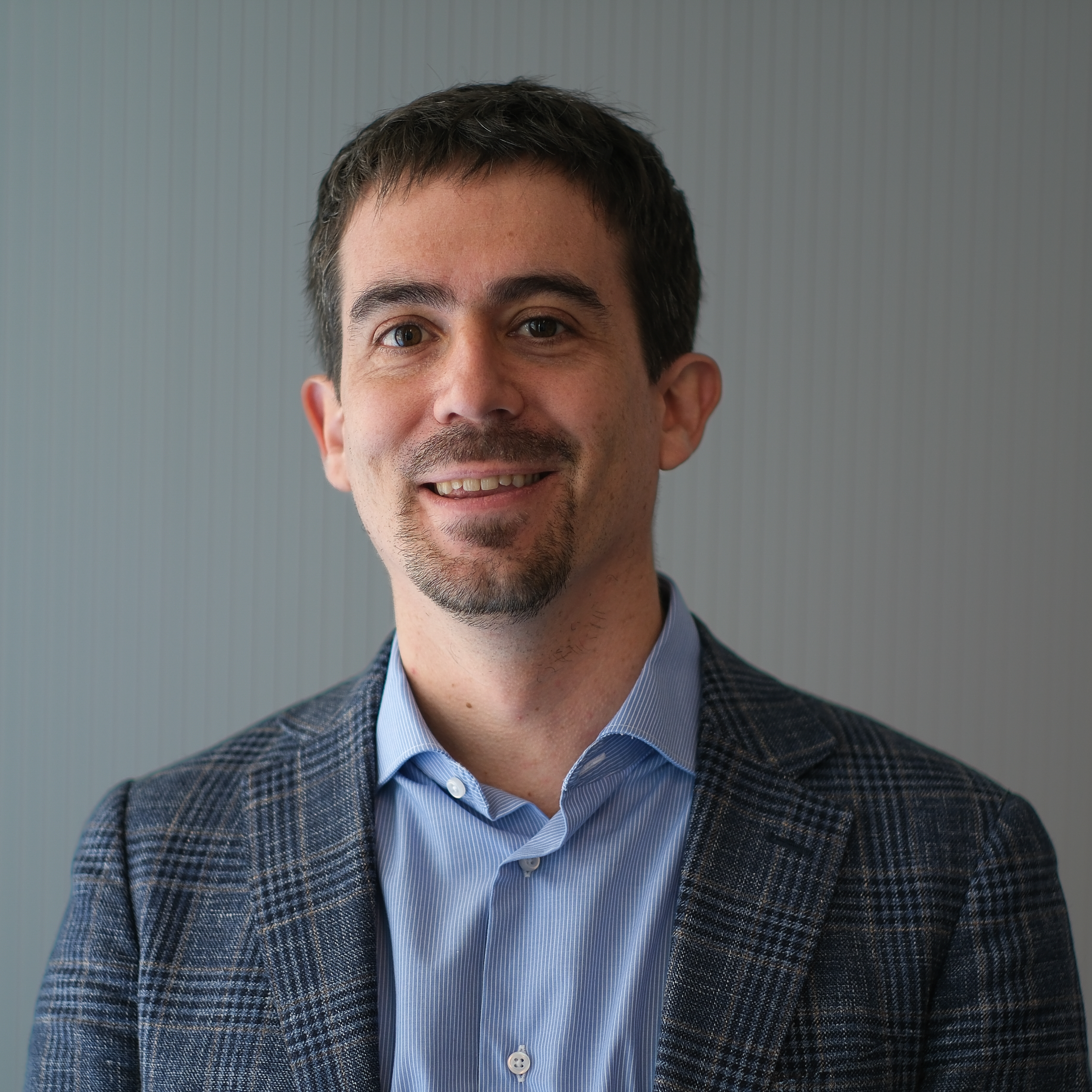
Massimiliano Greco
Assistant Professor of Anesthesiology and Intensive Care at Humanitas University
Prof. Massimiliano Greco is an Assistant Professor at Humanitas University, specialized in anesthesiology and intensive care. He is a member of the faculty council for the PhD program in Data Science in Medicine. He teaches in the Master’s Degree program in Data Analytics and Artificial Intelligence in Health Science, a joint initiative with Bocconi University, and in the MEDTEC joint degree program with Politecnico di Milano.
He has been elected as the chair of the Data Science Section of the European Society of Intensive Care Medicine and also represents the Lombardy region as the regional representative for anesthesia and intensive care in national society.
In the clinical setting, he is a senior consultant in intensive care at IRCCS Humanitas Research Hospital. After earning his MSc at LSHTM, Prof. Greco has focused his research on epidemiological analysis in anesthesia and intensive care. He specializes in the application of data science and machine learning to critical care and anesthesia, with a strong emphasis on high resolution data, wearable devices and prediction algorithms.

Riccardo Levi
Assistant Professor of Biomedical Engineering at Humanitas University
Prof. Riccardo Levi is an Assistant Professor at Humanitas University, specializing in biomedical engineering with a focus on neuroradiology. He earned his PhD in biomedical engineering and is currently a researcher at the Department of Biomedical Sciences. Prof. Levi's research primarily concentrates on developing deep learning algorithms for neuroradiology applications. He serves on the scientific editorial board of the journal European Radiology (Neuro section) and is a member of the European Society of Medical Imaging and Informatics Young Club.
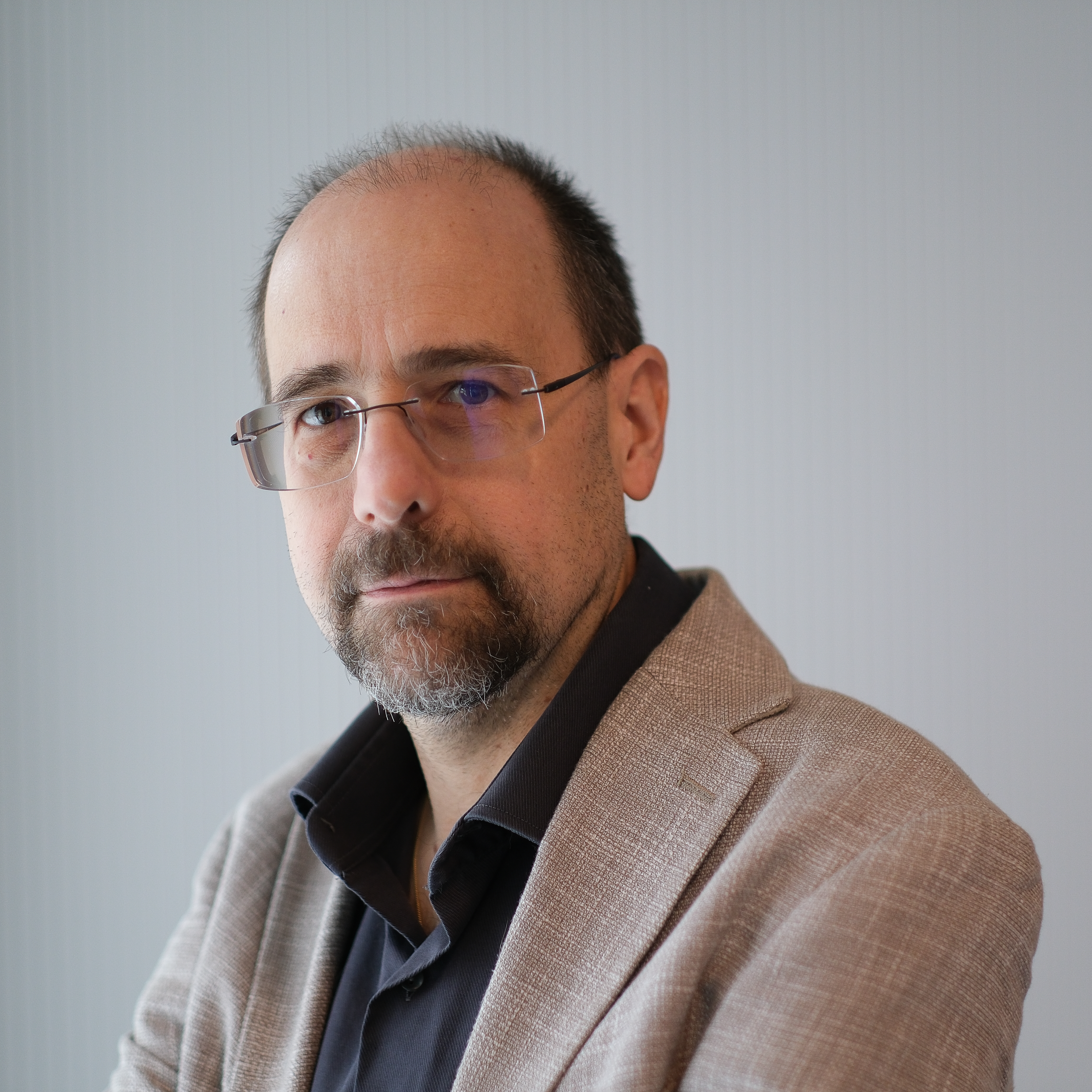
Giuseppe Jurman
Associate Professor of Biomedical Engineering at Humanitas University
Giuseppe Jurman is an Associate Professor at Humanitas University, with data science as his main research interest. His focus is applying mathematical and computational methods to life sciences, in particular the development of predictive models based on artificial intelligence.
Prof. Jurman leads the Data Science in Health (DSH) Unit at Fondazione Bruno Kessler (FBK) in Trento, Italy, where his research focuses on machine learning, network analysis, and their applications in healthcare. He has published extensively in these areas, contributing significantly to the intersection of data science and biomedical research. In January 2025, Prof. Jurman was appointed as an Associate Professor at Humanitas University, where he continues to advance research in data science and its applications in health.
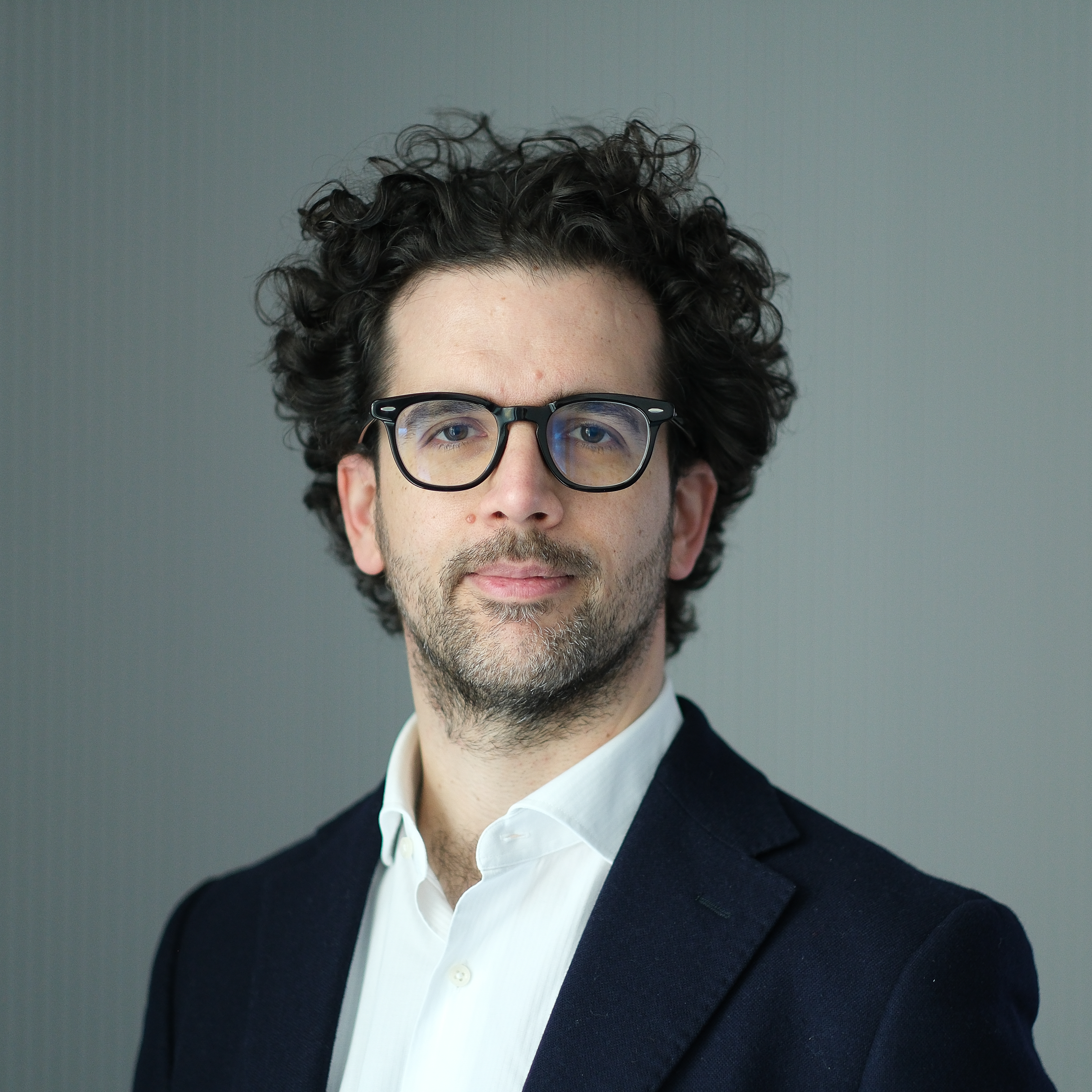
Gabriele Todisco
Assistant Professor of Hematology at Humanitas University
Dr. Gabriele Todisco is an Assistant Professor at Humanitas University. Since 2023, he has been a Medical Assistant in Hematology at IRCCS Humanitas Research Hospital. Since 2018, he has focused on translational research in the field of myeloid neoplasms, specifically investigating the integration of molecular information derived from advanced sequencing techniques (DNAseq, RNAseq) into clinical practice. His research aims to improve the diagnostic and therapeutic management of myeloid neoplasms by studying both constitutional and acquired molecular alterations relevant to their development and progression.
Faculty Guest Speakers
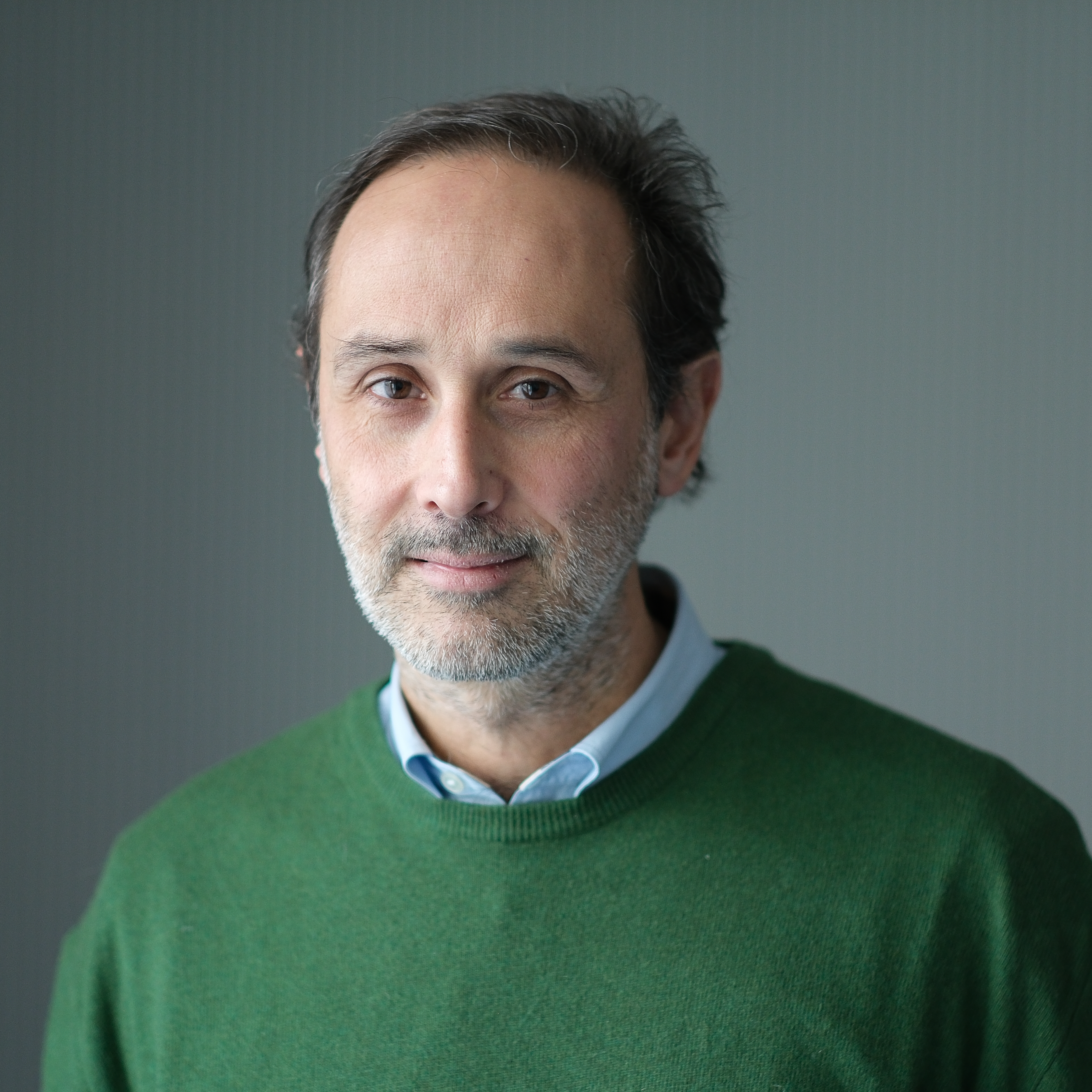
Marco Della Porta
Full Professor of Hemathology in Humanitas University
Prof. Matteo Giovanni Della Porta is a Full Professor of Hematology at Humanitas University and the Head of the Leukemia Unit at the Humanitas Cancer Center. His research focuses on myeloid malignancies, including acute leukemias, myelodysplastic syndromes, and myeloproliferative neoplasms. He has authored over 170 peer-reviewed papers, contributing significantly to the understanding and treatment of these conditions. In addition to his academic and clinical roles, Prof. Della Porta is the Director of the Center for Accelerating Leukemia/Lymphoma Research, a collaborative initiative involving Humanitas University, Humanitas Research Hospital, the Humanitas AI Center, and the Politecnico di Milano. .
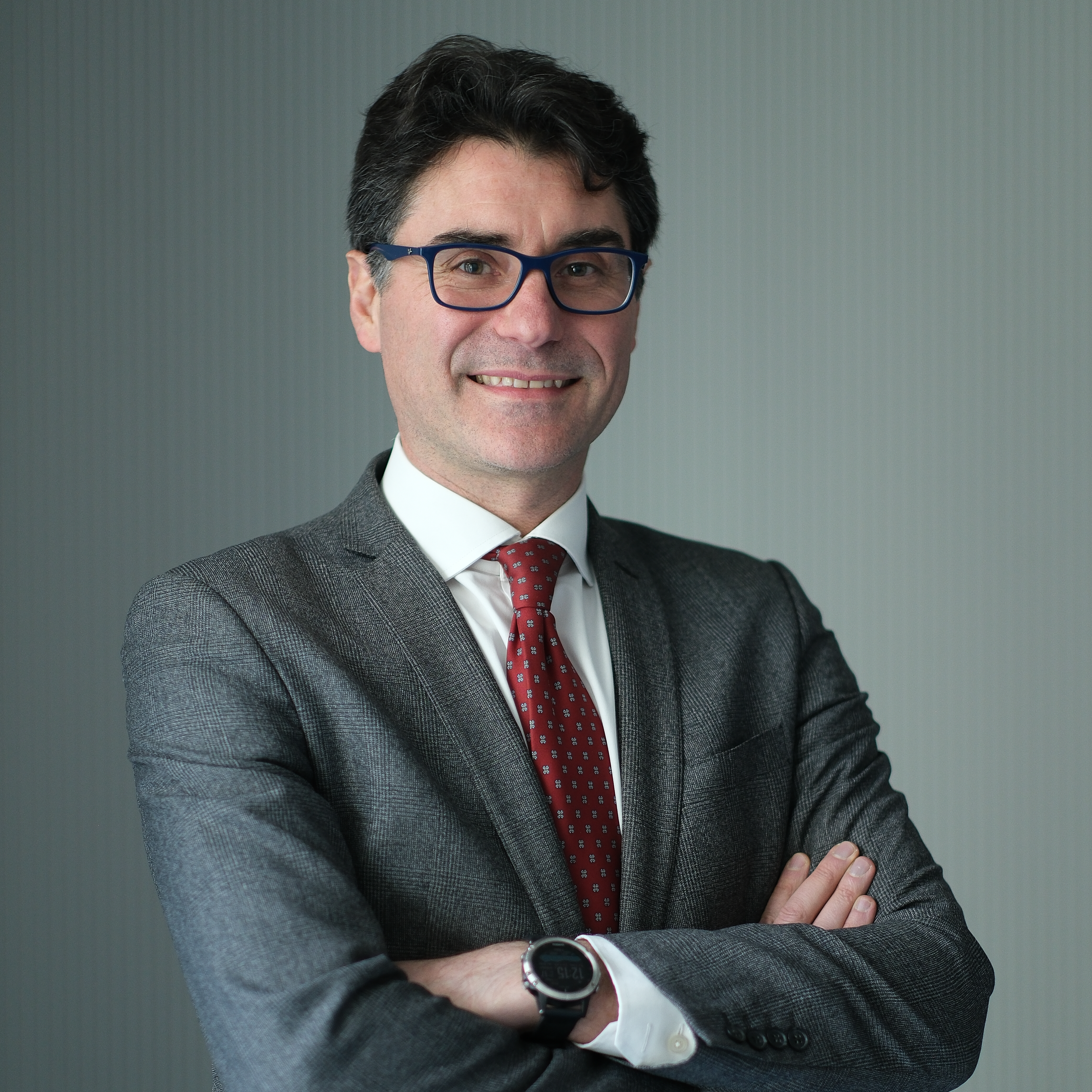
Maurizio Cecconi
Full Professor of Anaesthesia and Intensive Care in Humanitas University
Prof. Maurizio Cecconi is a Full Professor of Anaesthesia and Intensive Care at Humanitas University, and serves as Deputy scientific director and Chair of the Department of Anaesthesia and Intensive Care Units at Humanitas Research Hospital in Milan, Italy. He is also the Vice President of the joint Medicine-Bioengineering degree, the MEDTEC School, at Humanitas University and Past President of the European Society of Intensive Care Medicine. His research focuses on improving outcomes for high-risk surgical patients through better risk identification and perioperative haemodynamic optimisation, as well as enhancing the care of critically ill patients, particularly those suffering from cardiovascular shock, acute respiratory failure, and sepsis through artificial intelligence and innovation. Prof. Cecconi has authored over 400 indexed publications, many as first or last author, and has an h-index of 93 as of Dec 24. Previously, he worked for 14 years as an NHS Consultant at St George’s Hospital in London, UK.
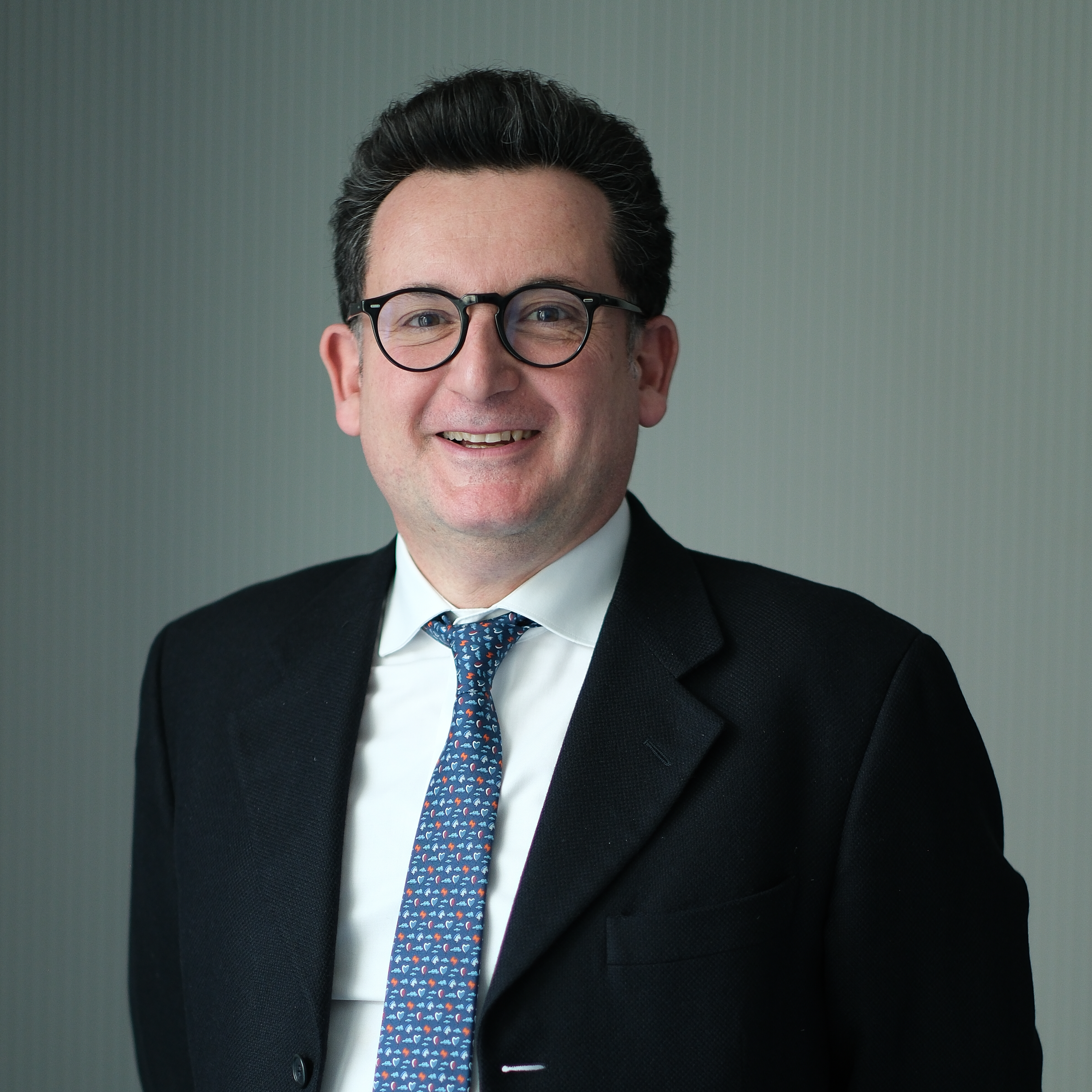
Letterio Salvatore Politi
Full Professor of Neuroradiology at Humanitas University
Prof. Letterio Salvatore Politi is a Full Professor of Neuroradiology at Humanitas University. With over 20 years of clinical experience, his research focuses on advanced MRI methods for non-invasive quantification of disease burden, aiming to define disease natural history and outcome measures.He is also the Co-Director of the Residency Program in Radiodiagnostics at Humanitas, collaborating with Prof. Marco Francone. At IRCCS Humanitas Research Hospital, Prof. Politi directs the Neuroradiology Department, focusing on brain tumors, neurodegenerative diseases, and neuromuscular disorders. His research group works on artificial intelligence applied to radiology and advanced MRI methods..
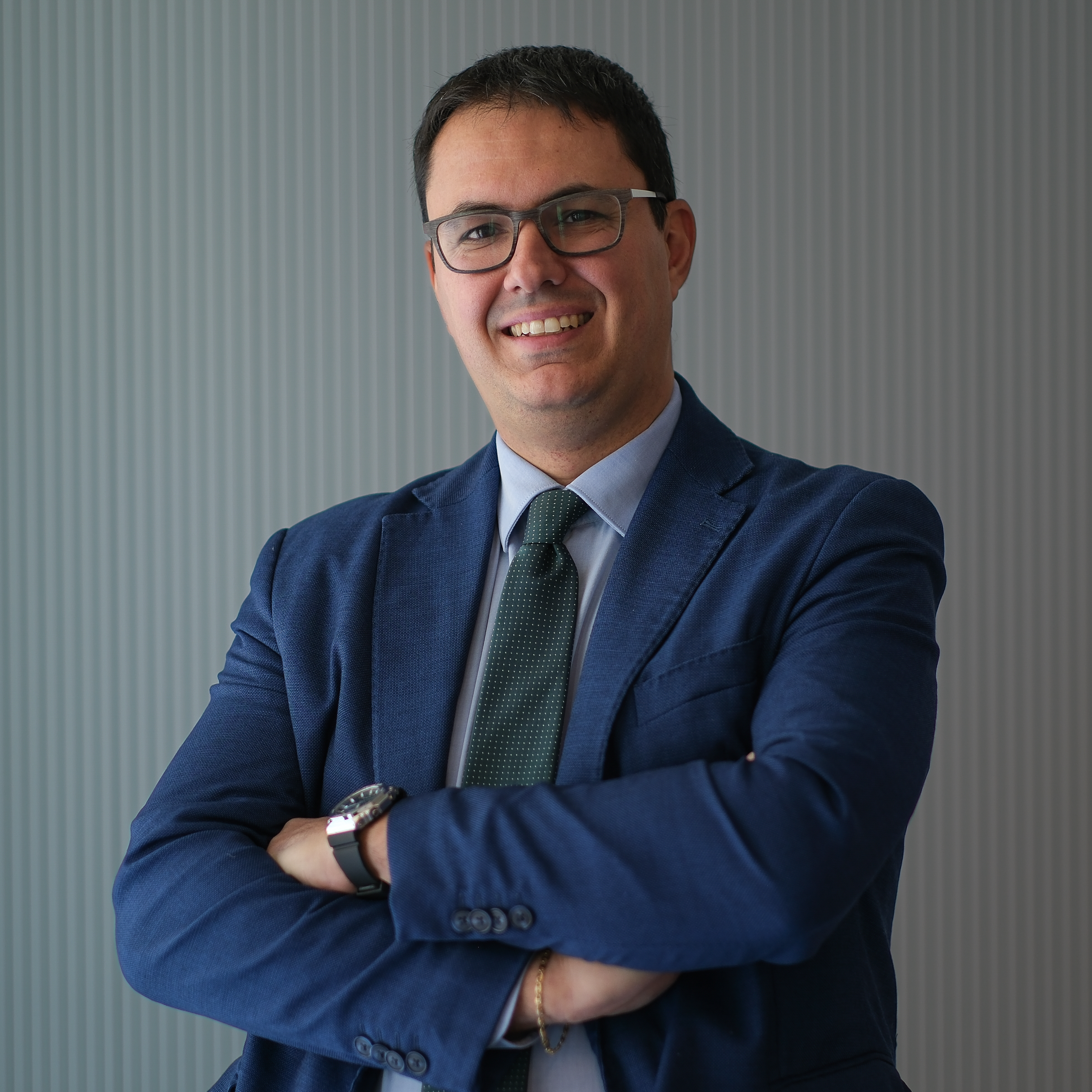
Simone Paolucci
Data Protection Officer of Humanitas Hospital Group and Humanitas University
Dott. Simone Paolucci serves as the Data Protection Officer (DPO) for the Humanitas Hospital Group and Humanitas University. He is a specialist in Privacy Law, Health Law, Legal Informatics, New Technologies Law, and Healthcare Information Technology, with over 15 years of experience in data protection and information security within the healthcare sector.
EGEA
In his role as DPO, Dott. Paolucci provides technical and legal consultancy to the Humanitas Group on obligations arising from the General Data Protection Regulation (GDPR) and other Italian and European data protection laws. He is responsible for monitoring compliance, conducting risk analyses, and ensuring the implementation of appropriate data protection measures across the organization.
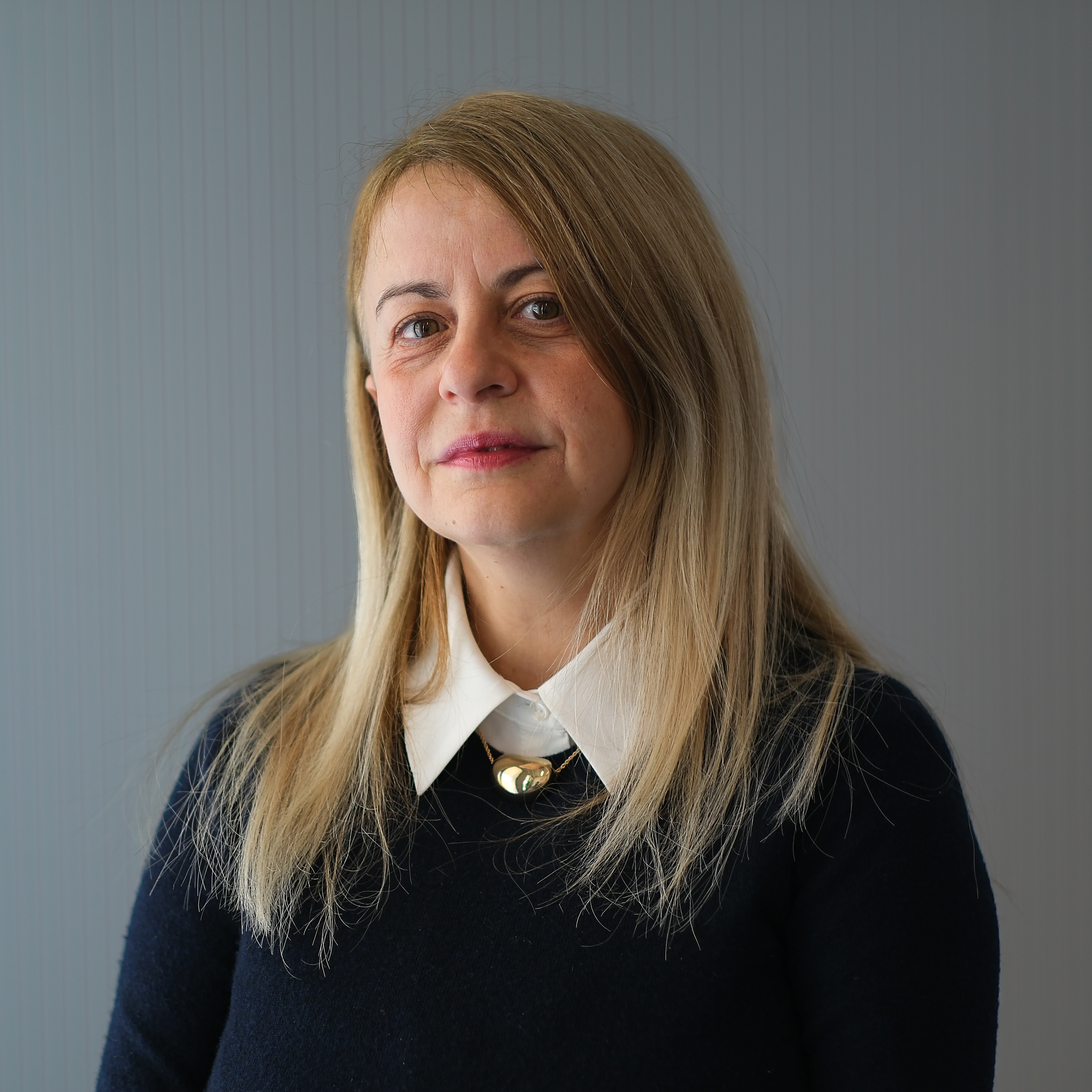
Annarita Ricci
Associate Professor of Private Law of Gabriele D'Annunzio University of Chieti
Prof. Annarita Ricci is an Associate Professor of Private Law at Gabriele D'Annunzio University of Chieti-Pescara, specializing in private law within the Department of Legal and Social Sciences. She holds the courses of “Private and New Technologies Law”, “Right to control of personal data” and “The protection of Minor and Fundamental Right”. Since 2023 she is Local Investigator (for University of Chieti-Pescara) of the Research project called “Next Generation PA: Digital Transformation For an Innovative Public Administration -NgPA..
Contact details
If you have any enquiries about the course or if you need technical assistance please contact pok@polimi.it. For further information, see FAQ page.